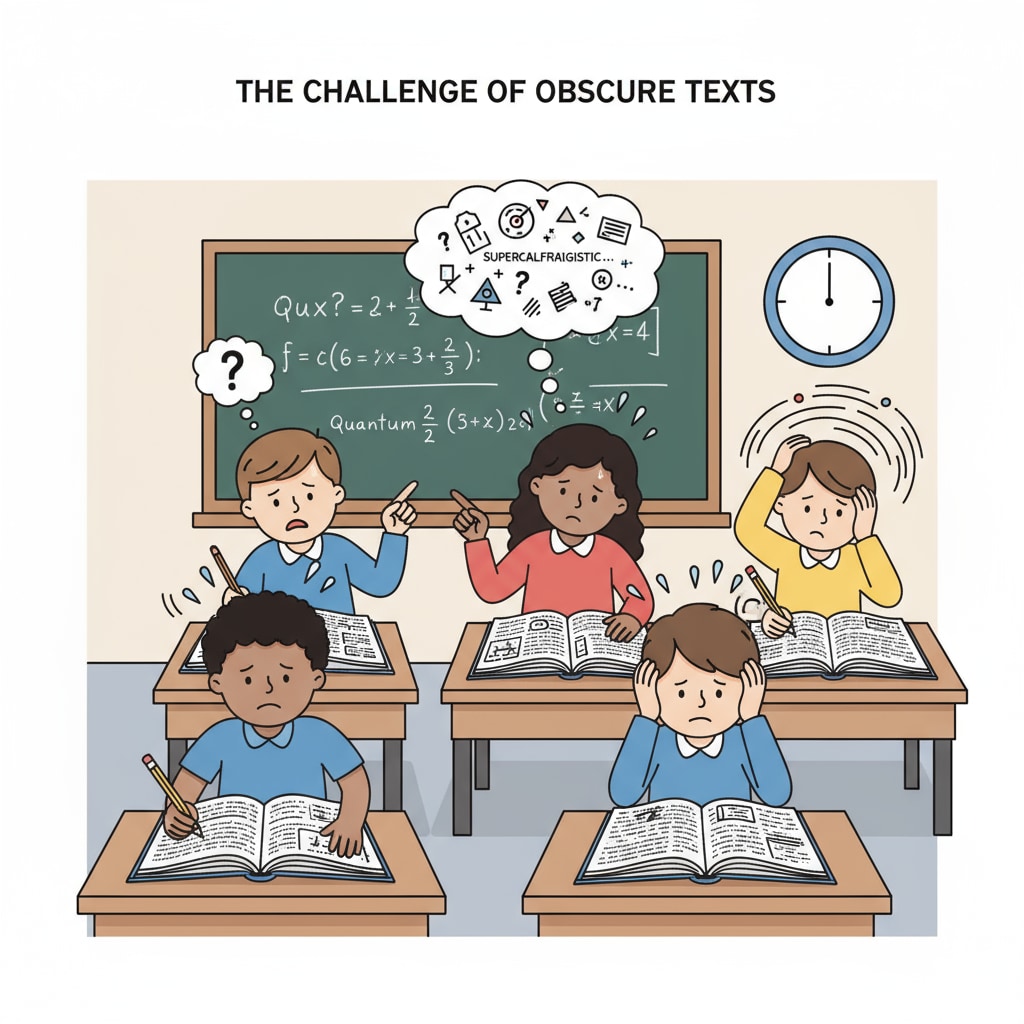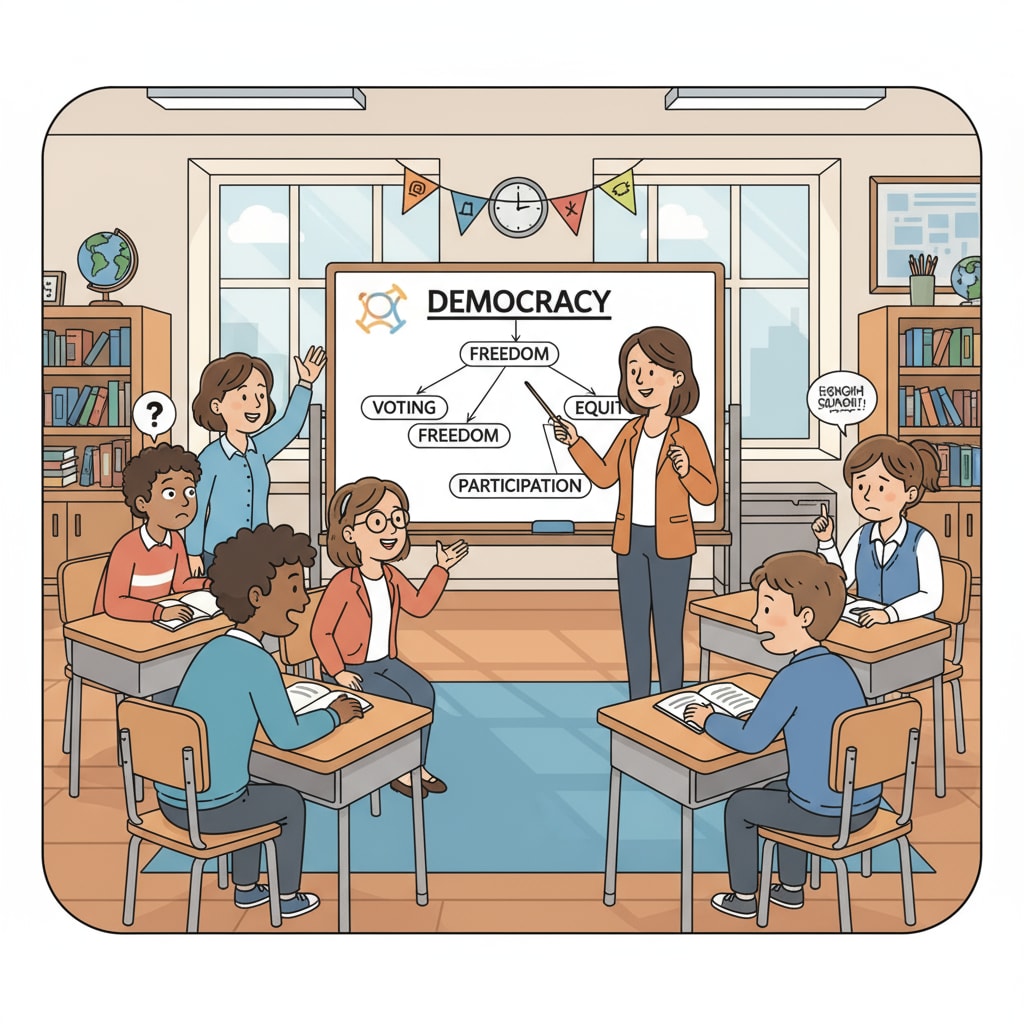Functional illiteracy, reading comprehension, and education issues are at the forefront of a silent yet significant crisis in the United States. A startling fact reveals that more than half of the nation’s population is functionally illiterate. These individuals can perform basic reading tasks, but when it comes to understanding complex written information, they struggle. This phenomenon has far-reaching implications for American democracy and the overall fabric of society.

The Scope of Functional Illiteracy
Functional illiteracy is not just about being unable to read at all. It’s a more subtle problem. According to National Center for Education Statistics (NCES), many adults in the US can read simple words and sentences but lack the skills to comprehend in-depth articles, instructions, or legal documents. This means they might be able to read the words on a page, but understanding the meaning, implications, and relationships within the text is a challenge. For example, in a democratic society, citizens need to be able to understand political candidates’ policies, which often come in complex written forms. If a large portion of the population can’t fully grasp these, it can undermine the democratic process.
Impact on Democracy
In a democratic nation, an informed citizenry is the cornerstone of a well-functioning system. When a significant number of people are functionally illiterate, it becomes difficult for them to make educated decisions. They may not be able to analyze campaign materials, understand the pros and cons of different policies, or even participate effectively in public discussions. As a result, the democratic ideals of equal participation and informed decision-making are at risk. Moreover, it can lead to a situation where special interests may have an easier time influencing public opinion, as the less literate population may be more vulnerable to misinformation and manipulation.

The Role of K12 Education
The K12 education system has a crucial role to play in combating functional illiteracy. It needs to focus not just on teaching basic reading skills but also on improving reading comprehension. Teachers should use a variety of teaching methods, such as guided reading, critical thinking exercises, and exposure to different types of texts. According to National Education Association (NEA), incorporating real-world examples and interactive activities can enhance students’ understanding. Additionally, schools should ensure that students have access to a rich library of resources to encourage independent reading and learning.
Readability guidance: By clearly defining the scope of functional illiteracy, highlighting its impact on democracy, and discussing the role of K12 education, we can better understand this complex issue. Each section presents key points in a clear and organized manner, using short paragraphs and simple language to enhance readability. Transition words like “for example”, “moreover”, and “additionally” are used to connect ideas smoothly.


